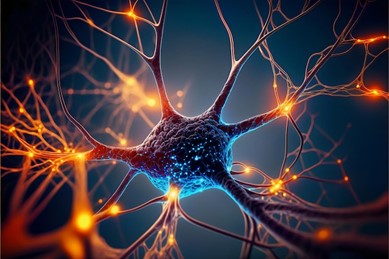To achieve nutritional ketosis, you should maintain a low intake of carbohydrates (less than 30 grams) daily. Knowing what to eat will help you succeed in your keto journey.
#1 Low carb vegetables: opt for non-starchy vegetables like asparagus, lettuce, kale, olives, broccoli, tomatoes, spinach, peppers, cabbage, green beans, zucchini, eggplant, cucumber, and cauliflower. Cookvegetables with butter or cream and use a drizzle of extra virgin olive oil to toss your salads, to add fats to your diet.
#2 Eggs are perfect keto foods, one large egg has less than one gram of carbs. Make sure to eat whole eggs as most nutrients are found in the yolk.
#3 Cheese, for example cheddar, mozzarella, cream cheese and blue cheese will add mostly proteins and fats to your diet.
#4 Berries such as strawberries, blueberries, blackberries, and raspberries are rich in antioxidants and are excellent low carb fruits.
Check out the full article of Go-Keto, to discover other foods to consume or to avoid on a keto diet. Go-keto is an online boutique which offers a variety of keto friendly foods and supplements that shall accompany you throughout our keto program.




